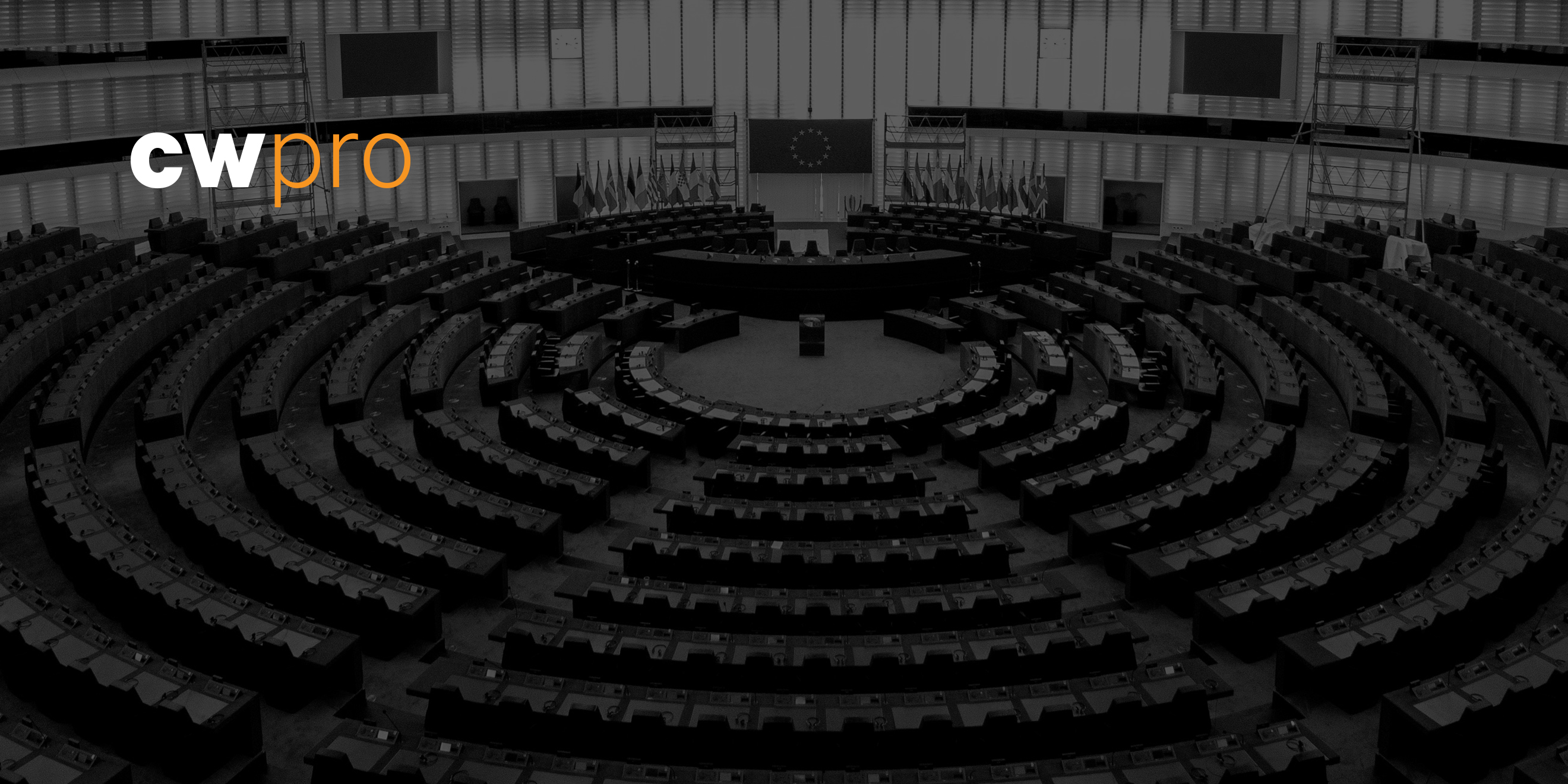Back on November 18th the United Nations General Assembly passed a measure co-authored by Russia and Belarus that would have made state control over Internet content and activity a matter of international law. Nominally an anti-cybercrime measure, the resolution, "Countering The Use Of Information And Communications Technologies For Criminal Purposes," was co-sponsored by China, Venezuela, Nicaragua, Iran, and Indonesia. The United States, the European Union, Canada, and Japan all opposed the measure. The US, Radio Free Europe | Radio Liberty reports, continues to oppose the resolution's becoming a binding treaty, as it would should it pass the subsequent hurdles in will encounter in the UN during 2020. Such a treaty would be written by Russia. The US argues that the measure was not only poorly understood by many of the countries who voted for it, but that it would amount to the installation of pervasive censorship over the Internet. One might look at the list of sponsors, compare it the the list of prominent opponents, and draw one's own conclusions about the probable effect of the resolution. The US probably has it right.
Greenland has opted to go with Ericsson and not Huawei for its 5G networks, Reuters reports. And an influential security committee in Italy has also recommended that Rome take a stronger stance against letting Huawei into Italian 5G infrastructure (that story also comes courtesy of Reuters).
Switzerland, which had hitherto lagged many other Western governments in mandatory reporting of cyber incidents, has moved closer to enacting such a requirement, according to Lexology.
